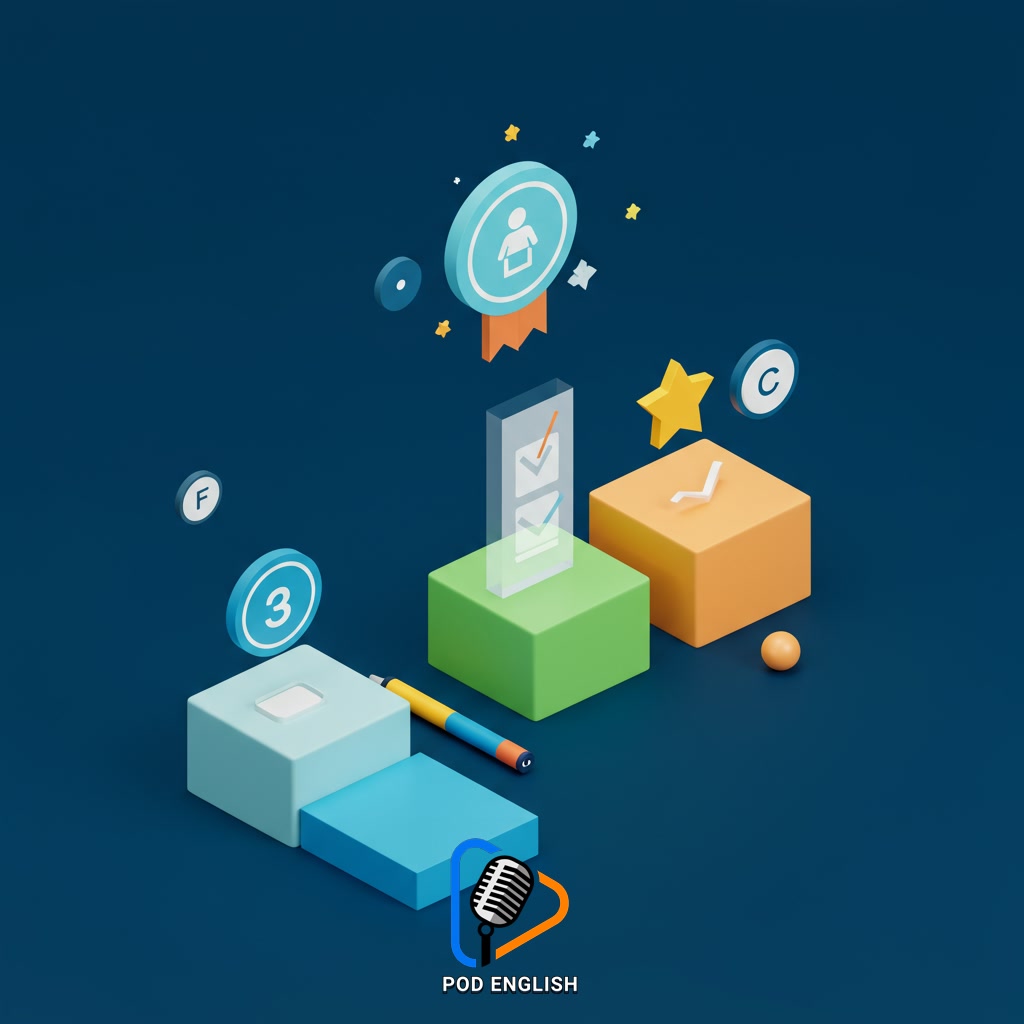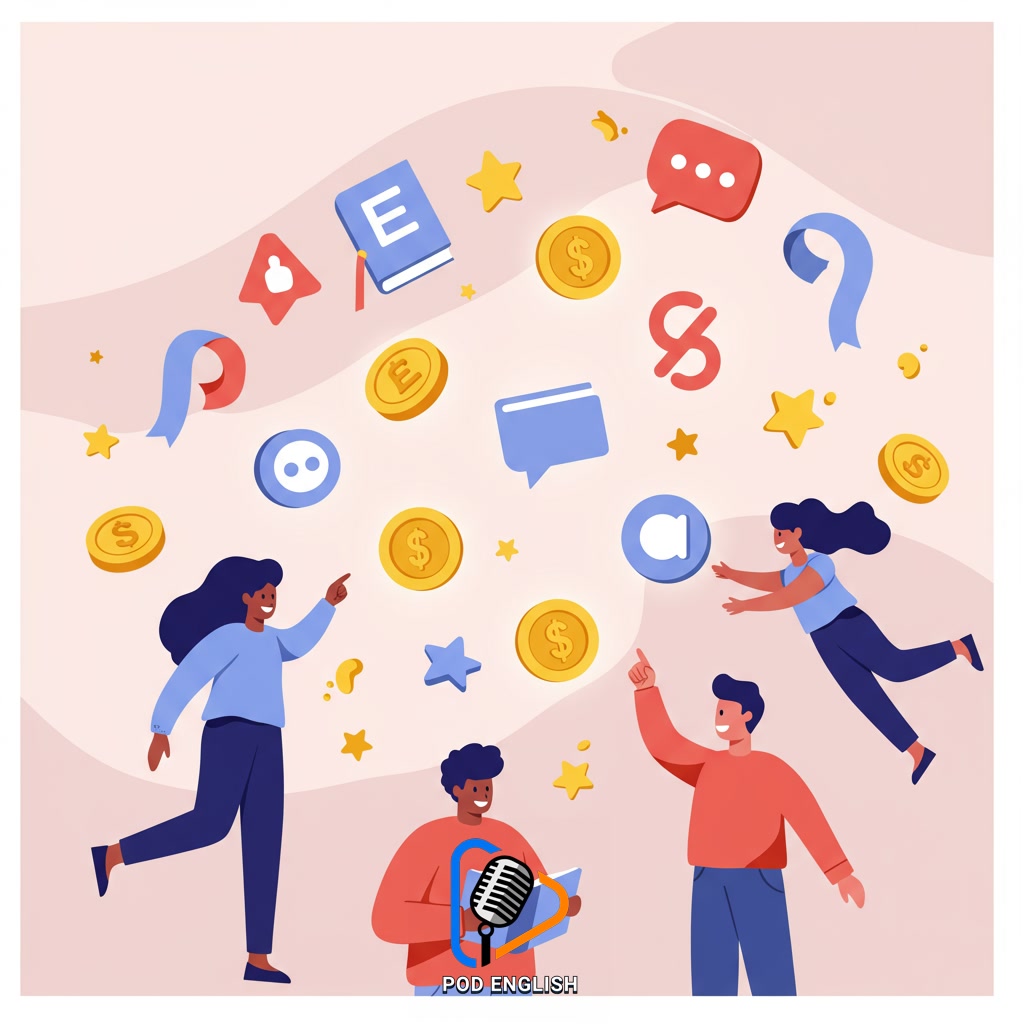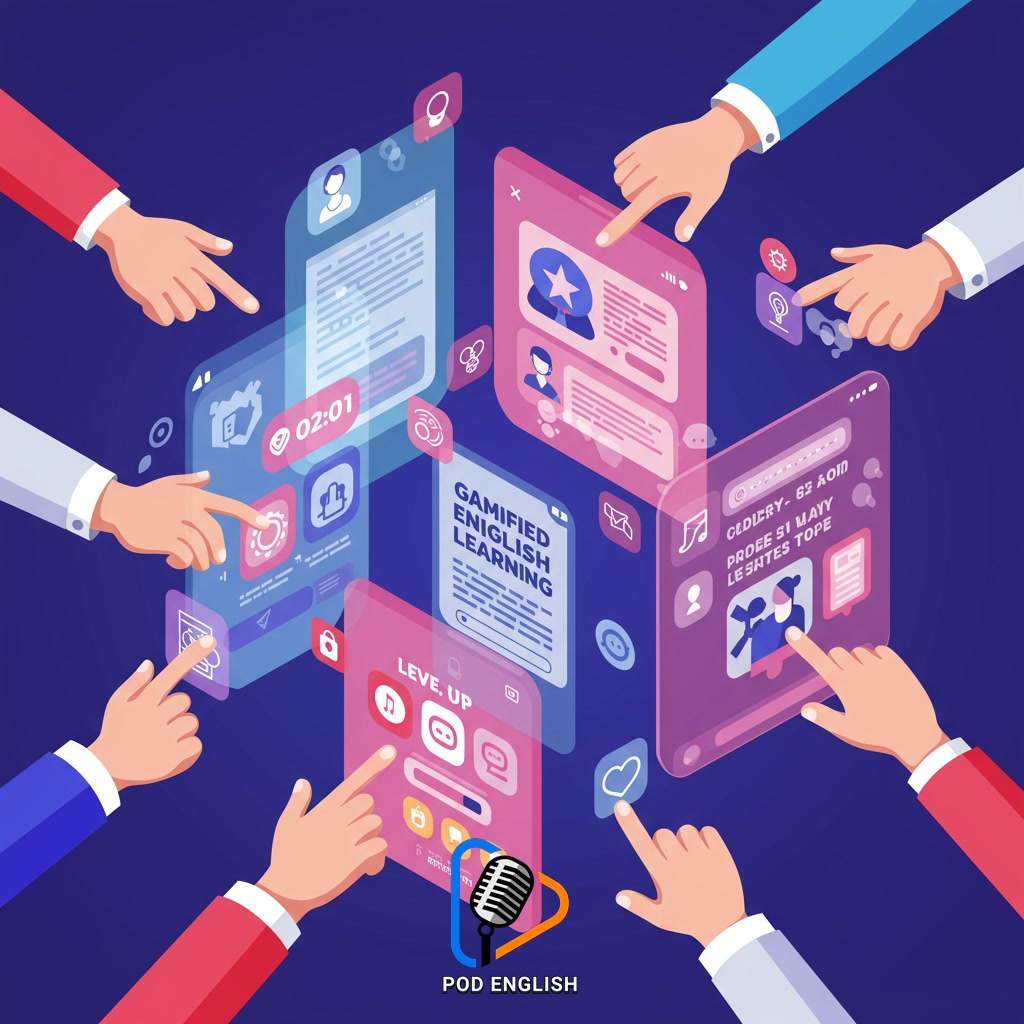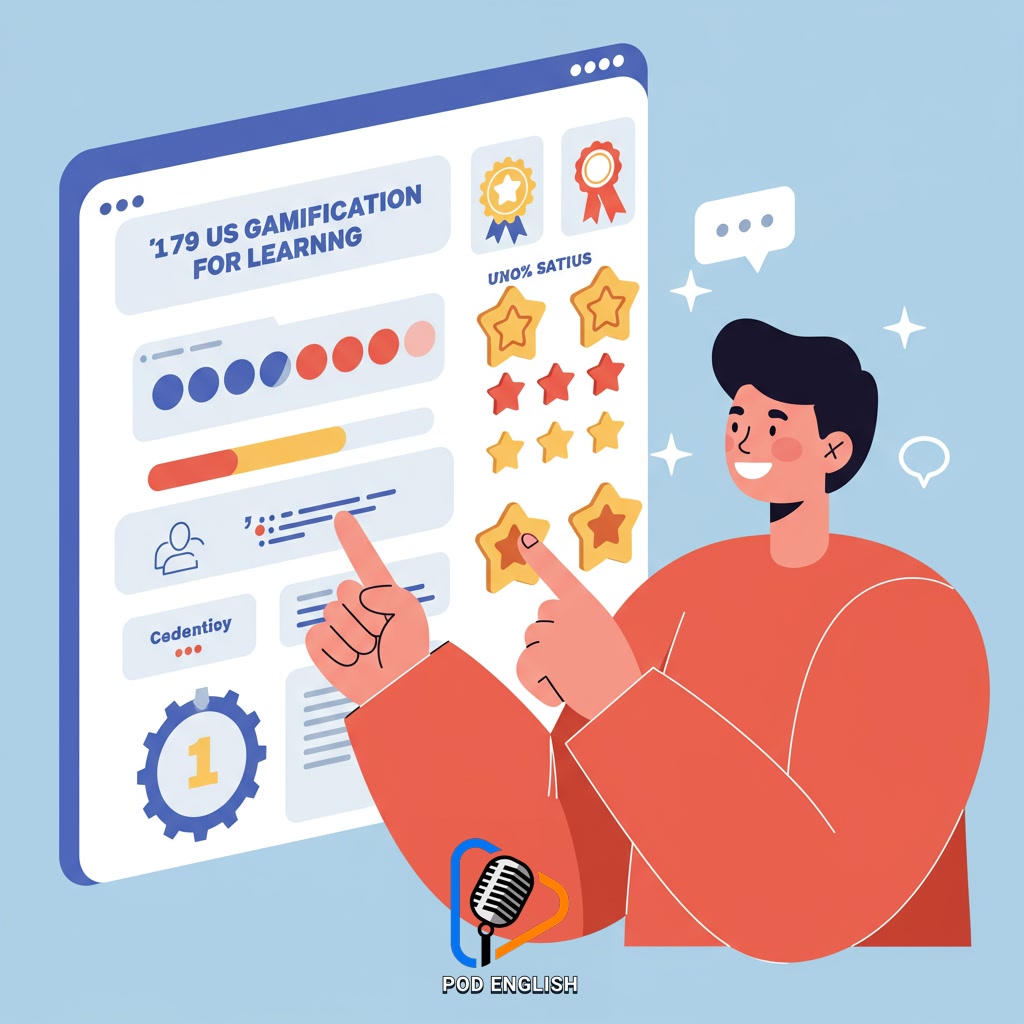Learn English
Boost Your English Skills with Gamification Fun

Gamification offers an engaging approach to improving English proficiency. By incorporating game elements like points, badges, and challenges, individuals can make the process of acquiring English skills more enjoyable. This method transforms traditional practice into interactive experiences, motivating learners to progress effectively. Leveraging fun and competition helps accelerate mastery and retention.
Table of Contents
- Section 1: Understanding Gamification in Learning English
- Section 2: Why Gamification is Effective for Boosting English Skills
- Section 3: How Gamification Enhances Specific English Skills (Vocabulary, Grammar, Speaking, Listening)
- Section 4: Popular Gamified Tools and Platforms for English Learners
- Section 5: Tips for Maximizing Your Learning Through Gamification
Section 1: Understanding Gamification in Learning English
Gamification in learning English means using elements typically found in games to make studying more engaging and fun. Instead of just reading textbooks or doing repetitive drills, you might earn points for completing exercises, collect badges for mastering new vocabulary, or compete with others on a leaderboard for practice achievements. It transforms the learning process from a chore into an interactive experience. Understanding this concept is the first step: it’s not just about playing games, but about applying game design principles like challenges, rewards, and progression tracking to motivate learners and make practicing English skills feel less like work and more like an enjoyable activity with clear goals and visible progress.

Section 2: Why Gamification is Effective for Boosting English Skills
Gamification proves highly effective for boosting English skills primarily because it taps into our natural desire for play and achievement. By turning learning tasks into challenges, it significantly increases motivation and engagement, making practice feel less like work and more like fun. Elements like points, badges, and leaderboards provide immediate feedback and tangible rewards for progress, encouraging learners to continue and strive for improvement. This system helps track achievements, builds confidence, and reduces the anxiety often associated with language learning by creating a positive and interactive environment. The competitive or collaborative aspects also foster active participation and consistent effort, which are crucial for language acquisition.

Section 3: How Gamification Enhances Specific English Skills (Vocabulary, Grammar, Speaking, Listening)
Building on the idea of turning learning into challenges, gamification specifically targets key English skills. For vocabulary, learners can earn points for correctly identifying words, unlock new word lists as they progress, or compete in word-matching games. Grammar practice becomes less tedious through interactive quizzes with immediate feedback and rewards for accuracy. Speaking skills can be improved using role-playing scenarios where success earns points or virtual achievements, encouraging participation. Listening comprehension is enhanced by turning audio exercises into quests or challenges, where understanding details leads to progression or rewards. This targeted approach makes practicing each skill more dynamic and rewarding, fostering consistent engagement and progress.

Section 4: Popular Gamified Tools and Platforms for English Learners
Building on the idea of turning learning into challenges, numerous popular gamified tools and platforms specifically designed for English learners are available. These platforms integrate game elements like points, levels, leaderboards, and virtual rewards to make studying more engaging. Apps such as Duolingo turn vocabulary acquisition and grammar practice into daily quests and skill trees to unlock. Memrise uses spaced repetition combined with community-created content and gamified reviews. Kahoot! allows users to participate in interactive quizzes, often in a competitive, timed format. Even platforms like Quizlet incorporate flashcard learning with game modes like ‘Match’ or ‘Gravity’. Exploring these tools can transform passive studying into an active, rewarding, and fun experience, encouraging consistent practice and progress in various English skills.

Section 5: Tips for Maximizing Your Learning Through Gamification
To truly leverage gamification for boosting your English skills, consider a few key strategies. First, set clear, achievable learning goals within the gamified context, whether it’s mastering a certain number of vocabulary words or completing a specific level. Regularly track your progress using the platform’s built-in metrics like points or badges; seeing your achievements can be a powerful motivator. Actively engage with challenges and quests, pushing yourself slightly beyond your comfort zone. Don’t just passively collect points; use them as indicators of learning milestones. Finally, stay consistent. Short, regular sessions are more effective than infrequent long ones, and gamified elements can help maintain momentum and make practice feel less like a chore.














